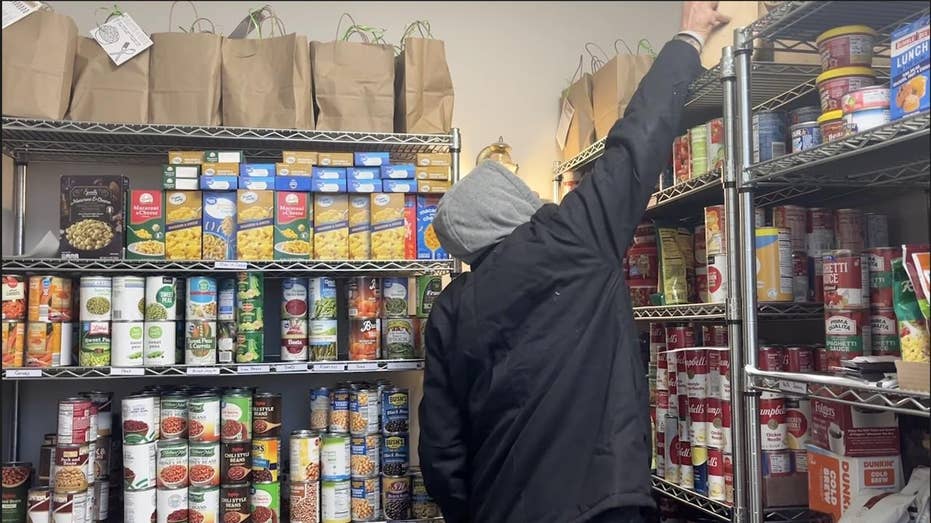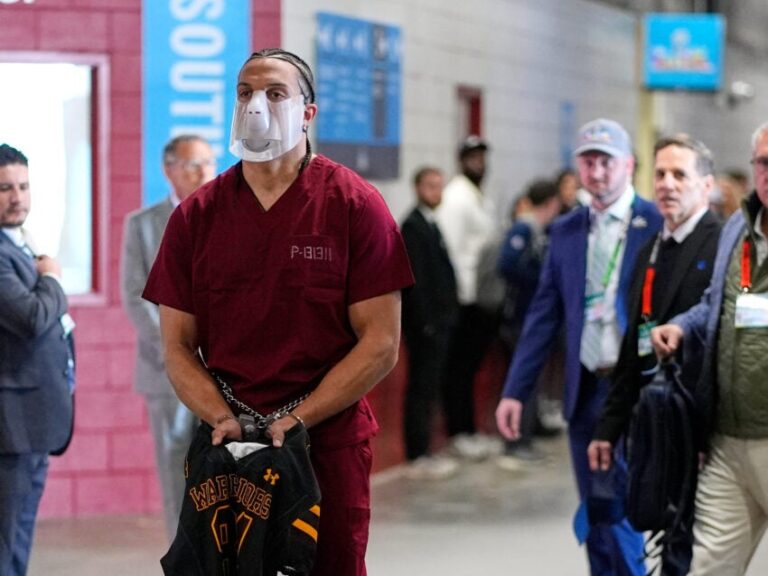
Millions of low-income Americans face SNAP benefit cuts amid federal government shutdown
As the federal government shutdown enters its second month, millions of low-income Americans, including thousands in Illinois, are now facing the cutoff of Supplemental Nutrition Assistance Program (SNAP) benefits. Food pantry lines continue to grow longer by the day, leaving many bracing for what lies ahead.
For residents like Lisa Weaving of Springfield, the loss of food aid is more than just a political standoff — it’s a looming crisis. “It’s scary because I’m a cancer survivor. I’m in remission. My doctor has not released me to go back to work yet, so I’m on disability, and I really need the extra for food, because by the time I pay all the bills, there’s really nothing left,” Weaving said.
Her apartment building houses veterans, seniors, and others on disability. “The entire building right now is in an uproar because they don’t know where they’re going to get their food from. We have the bread line across the street, but that’s only one meal a day,” she added.
Many neighbors are turning to multiple pantries for support. “We have a pantry that’s open on Wednesdays from 12:30 to 3, and it’s once a month. You can get about ten items per person. If you have kids, more. So it’s really a help for many, but their food doesn’t last an entire month. So you’re hopping from pantry to pantry,” Weaving explained.
At Washington Street Mission in Springfield, director Jarid Brown reported a sharp surge in demand across Central Illinois since benefits were frozen. “Yesterday I got a call from one of our churches who has a large food pantry, and they had twice the number of people there that night and actually cleaned everything out. If we double that number, it’s only going to last a few weeks. If we see triple that number come in, we’ll be cleaned out within a couple of weeks,” Brown said.
“If you’re living in poverty, if you are in that lowest income bracket, it’s hard enough to climb out of poverty as it is. But now, with rising food prices and rising utility prices, it makes it nearly impossible for anyone to get out of that hole,” he added.
Weaving emphasized the gravity of the situation: “This is the first time it’s actually going to hit hard. And to think there are 42 million, they’re saying, that are going to be hungry — in a place like Springfield. We do worry that the crime rate might go up because of this.”
While Weaving acknowledged there may be some abuse of the system, she stressed how many people genuinely need assistance. “There are able bodies that may be abusing the system, but there are so many that need this,” she said.
Brown identified the pause in SNAP benefits as the greatest impact of the shutdown so far. “The greatest impact that we’ve had with the budget shutdown is going to be the SNAP benefits being frozen off,” he said. “My hope is that for a minute we can set politics aside and think about what it’s going to take to reopen government and then address the issues that we’re separated on later. But holding individuals who need food assistance hostage for one or two issues — we’re holding service personnel hostage for over one or two issues — that’s not acceptable.”
Brown encouraged those who want to help to donate food or money directly to local community organizations already serving those in need.
https://www.foxnews.com/us/its-scary-snap-recipients-brace-fallout-benefits-vanish-during-shutdown





